Life
Sign up for our newsletter
We summarize the week's scientific breakthroughs every Thursday.
-
 Genetics
GeneticsDNA from a 5,200-year-old Irish tomb hints at ancient royal incest
Ruling families in Ireland may have organized a big tomb project, and inbred, more than 5,000 years ago, a new study suggests.
By Bruce Bower -
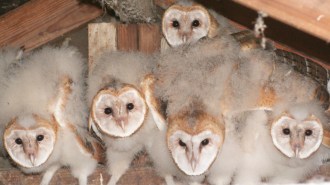 Animals
AnimalsBarn owlets share food with their younger siblings in exchange for grooming
Scientists weren’t sure why elder barn owlets would give away meals to their younger kin, a rare example of sibling cooperation in birds.
By Pratik Pawar -
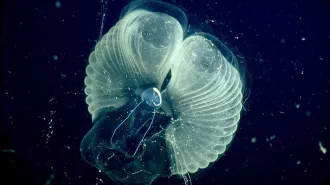 Animals
AnimalsLarvaceans’ underwater ‘snot palaces’ boast elaborate plumbing
Mucus houses have valves and ducts galore that help giant larvaceans extract food from seawater.
By Susan Milius -
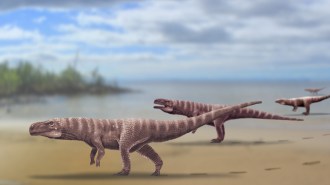 Life
LifeFossil footprints show some crocodile ancestors walked on two legs
The 106-million-year-old tracks suggest that other puzzling nearby fossils were also likely made by a bipedal croc ancestor, not a giant pterosaur.
-
 Neuroscience
NeuroscienceThe way the coronavirus messes with smell hints at how it affects the brain
Conflicting reports offer little clarity about whether COVID-19 targets the brain.
-
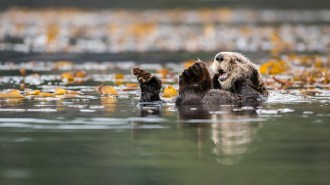 Ecosystems
EcosystemsBringing sea otters back to the Pacific coast pays off, but not for everyone
Benefits of reintroducing sea otters in the Pacific Northwest, such as boosting tourism, vastly outweigh the costs, a new analysis shows.
-
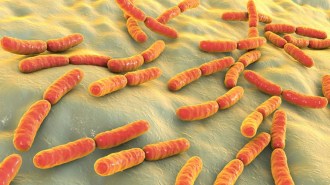 Life
LifeScientists want to build a Noah’s Ark for the human microbiome
Just as the Svalbard Global Seed Vault protects global crop diversity, the Microbiota Vault may one day protect the microbes on and in our bodies.
-
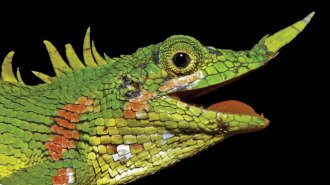 Animals
AnimalsA nose-horned dragon lizard lost to science for over 100 years has been found
It’s now known that a Modigliani’s lizard, first found in 1891 in Indonesia, is bright green but can shift shades like a chameleon.
-
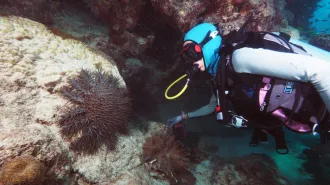 Life
LifeFish poop exposes what eats the destructive crown-of-thorns starfish
During population booms, crown-of-thorns can devastate coral reefs. Identifying predators of the coral polyp slurpers could help protect the reefs.
By Jake Buehler -
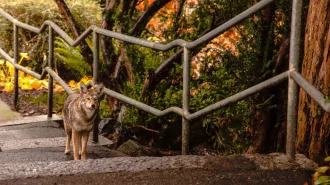 Animals
Animals5 reasons you might be seeing more wildlife during the COVID-19 pandemic
From rats and coyotes in the streets to birds in the trees, people are noticing more animals than ever during the time of the coronavirus.
-
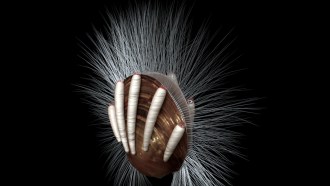 Life
LifeThese tube-shaped creatures may be the earliest known parasites
Fossils from over 500 million years ago might be the first known example of parasitism in the fossil record, though the evidence isn’t conclusive.
-
 Humans
HumansThe Dead Sea Scrolls contain genetic clues to their origins
Animal DNA is providing researchers with hints on how to assemble what amounts to a giant jigsaw puzzle of ancient manuscript fragments.
By Bruce Bower